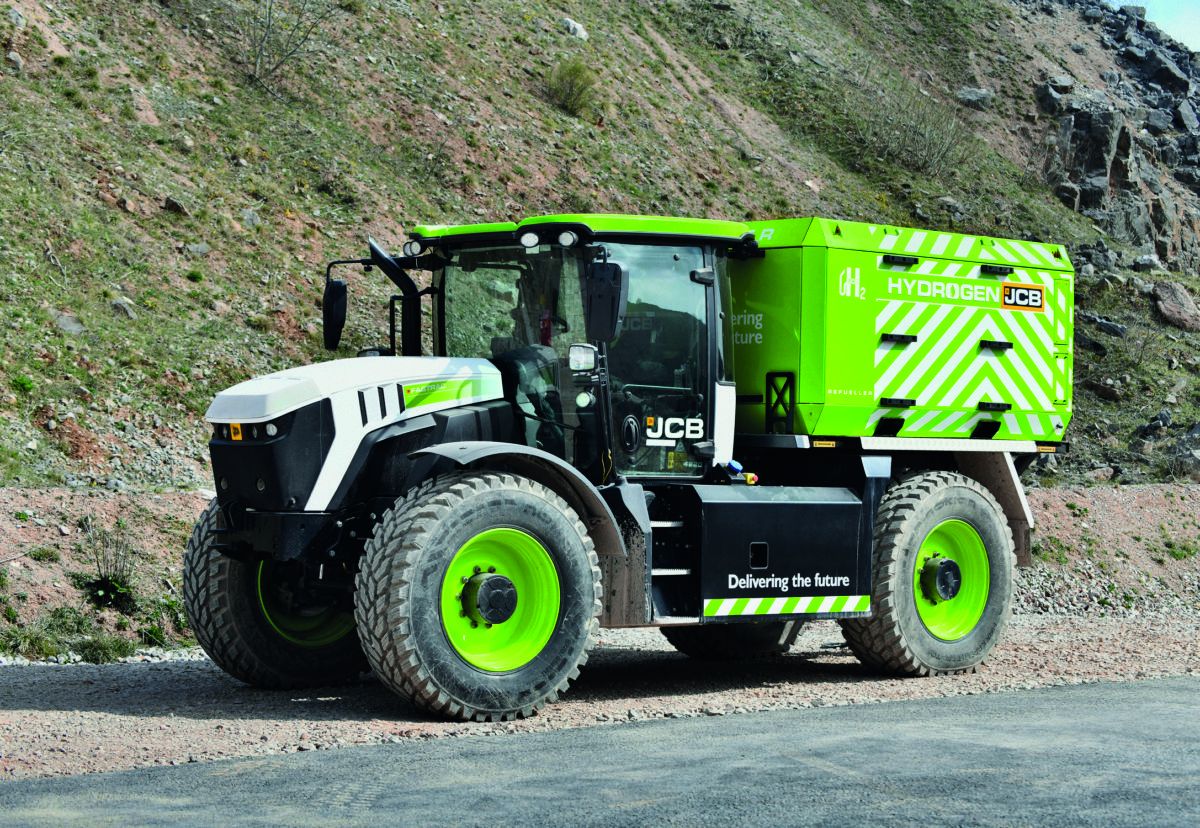Hydrogen-Powered Machinery: Is the Market Ready for the Next Step?
Key Ideas
- OEMs are increasingly investing in hydrogen combustion engines for heavy equipment due to their potential benefits over battery technology for heavier machines.
- Companies like JCB and Manitou Group are actively developing hydrogen-powered prototypes and infrastructure to support the market transition.
- JCB's hydrogen engine technology focuses on internal combustion engines, with advancements in turbocharging and mobile hydrogen refuelling units for machines.
- Liebherr is working on hydrogen engine vehicles expected to enter series production by 2025, showcasing the growing industry adoption of hydrogen technology.
Several OEMs have shown commitment to hydrogen combustion engines for future mid-size and heavy equipment, viewing them as a viable alternative to battery technology. While battery-powered vehicles are gaining traction in compact construction and agriculture sectors, hydrogen-fuelled engines are seen as more suitable for heavier machines with higher power demands. Companies like JCB and Manitou Group have unveiled hydrogen-powered prototypes and are developing infrastructure to support the transition. JCB's focus on internal combustion engines has led to advancements in turbocharging and the introduction of mobile hydrogen refuellers. Liebherr is also investing in hydrogen engines, with series production expected to begin in 2025. The industry is moving towards hydrogen-powered solutions, with a focus on improving efficiency and reducing emissions. Public support and investment are crucial for establishing a robust hydrogen ecosystem and accelerating the adoption of hydrogen technology in various sectors.
